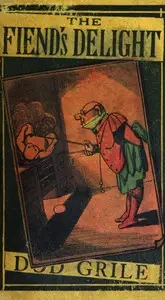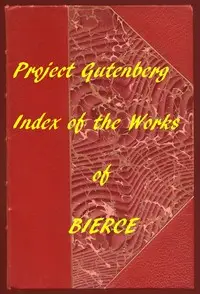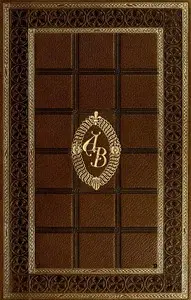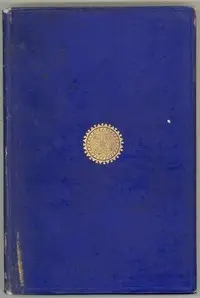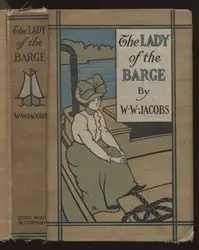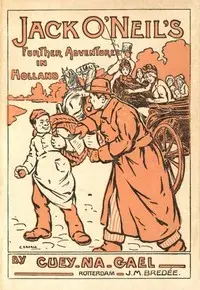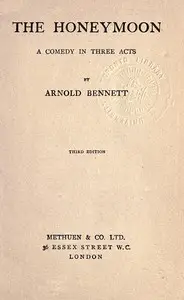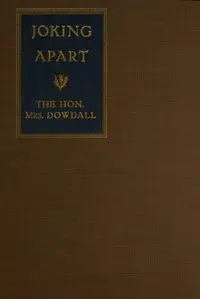"The Devil's Dictionary" by Ambrose Bierce is a sharply satirical volume that delivers dark humor and cynical observations on humanity, society, and governance. Opening with a preface that traces its journey from weekly newspaper columns, the dictionary uses wit to dissect morality and expose the ridiculous in human actions. The author's clever wordplay and biting tone are established early on through definitions like "ABASEMENT" and "ABDICATION", which mix comedy with philosophical points, turning each definition into a humorous yet insightful look at life. Poetic verses scattered throughout emphasize the humor and invite readers to consider Bierce's critical perspective on society.

The Devil's Dictionary
By Ambrose Bierce
Venture into a world where dictionary definitions become instruments of dark humor and cynicism, revealing the absurdities of human existence one witty entry at a time.
Summary
About the AuthorAmbrose Gwinnett Bierce was an American short story writer, journalist, poet, and American Civil War veteran. His book The Devil's Dictionary was named one of "The 100 Greatest Masterpieces of American Literature" by the American Revolution Bicentennial Administration. His story "An Occurrence at Owl Creek Bridge" has been described as "one of the most famous and frequently anthologized stories in American literature", and his book Tales of Soldiers and Civilians was named by the Grolier Club one of the 100 most influential American books printed before 1900.
Ambrose Gwinnett Bierce was an American short story writer, journalist, poet, and American Civil War veteran. His book The Devil's Dictionary was named one of "The 100 Greatest Masterpieces of American Literature" by the American Revolution Bicentennial Administration. His story "An Occurrence at Owl Creek Bridge" has been described as "one of the most famous and frequently anthologized stories in American literature", and his book Tales of Soldiers and Civilians was named by the Grolier Club one of the 100 most influential American books printed before 1900.


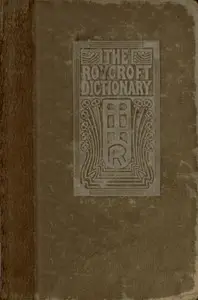
![The Foolish Dictionary
An exhausting work of reference to un-certain English words, their origin, meaning, legitimate and illegitimate use, confused by a few pictures [not included] by Gideon Wurdz](https://cdn.a2-host.cloud/mO-cIXJjudBSYkuSd4v5vtxhNCVcU8GsBq7dZCRF464/rs:fill:215:325:0/g:ce/aHR0cHM6Ly9zcC1hc3NldHMuczMudXMtd2VzdC0wMDQuYmFja2JsYXplYjIuY29tL2Jvb2svMTk4OS9UaGVfRm9vbGlzaF9EaWN0aW9uYXJ5X0FuX2V4aGF1c3Rpbmdfd29ya19vZl9yZWZlcmVuY2VfdG9fdW5jZXJ0YWluX0VuZ2xpc2hfd29yZHNfdGhlaXJfb3JpZ2luX21lYW5pbmdfbGVnaXRpbWF0ZV9hbmRfaWxsZWdpdGltYXRlX3VzZV9jb25mdXNlZF9ieV9hX2Zld19waWN0dXJlc19ub3RfaW5jbHVkZWRfY292ZXIuanBn.webp)



